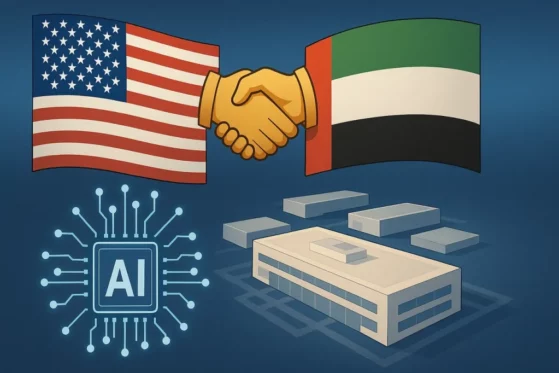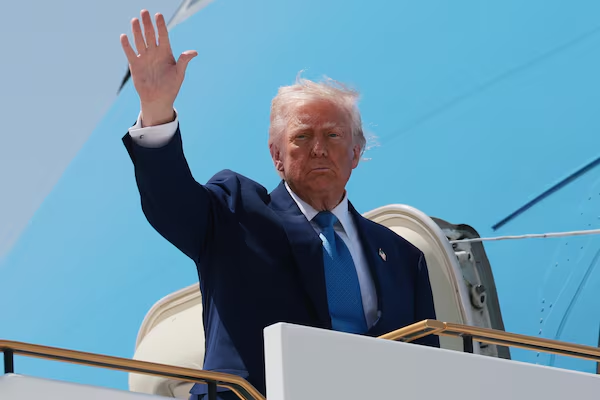und-color: #fee894″>Donald Trump has raised eyebrows and fueled debate across various sectors. U.S. President Donald Trump recently signed a monumental $1.4 trillion AI deal with the United Arab Emirates (UAE). While proponents herald this agreement as a leap forward for technology and economic growth, it is essential to scrutinize the implications this deal has for America—its citizens and its sovereignty.
At face value, a $1.4 trillion investment is hard to dismiss. However, the questions surrounding who actually stands to benefit from this financial windfall cannot be ignored. Will American companies and their workers see real, sustainable growth, or is this merely a short-term gain for big tech?

While investments can spur innovation, we must consider whether the infusion of foreign capital will lead to job losses in some sectors or contribute to a reliance on foreign interests in critical technological fields. The dynamic of turning over substantial economic control to a foreign nation warrants careful examination.

One of the foremost critiques surrounding this deal is the potential threat to U.S. national security. AI technology is integral not only to civilian sectors but also to defense and intelligence capabilities. As we partner with the UAE—an ally at times, but not without its own complexities—we must question whether outsourcing critical technological innovation is wise. Are we unintentionally granting access to sensitive data or weakening our strategic position in an increasingly competitive geopolitical landscape?
Donald Trump making this deal raises several eyebrows. As political dynamics shift globally, it is incumbent upon us to consider the motivations behind such an agreement. Is this a strategic maneuver by Donald Trump to bolster his legacy, or is there a deeper political calculus at play, perhaps in response to economic challenges at home?
To secure this massive investment, what commitments must Donald Trump make in return? Transparency regarding the terms of this agreement has been limited. Will the U.S. be required to prioritize the UAE’s interests in its AI development, and if so, to what extent? Such questions reveal potential sacrifices our country might face.
Lastly, the consequences of Donald Trump becoming heavily reliant on foreign partnerships in crucial technology sectors should be a significant concern. Are we paving the way for future deals that could see U.S. innovations exploited elsewhere, or worse, utilized against American interests? This investment, while promising immediate returns, could distract from the need to enhance domestic capabilities.
In conclusion, while the $1.4 trillion AI deal Donald Trump made with the UAE may sound enticing on the surface, a closer examination reveals numerous pitfalls and potential hazards. The American public deserves a fuller understanding of what this deal entails and how it might affect our economy, national security, and future technological independence. Let’s approach this agreement with caution, questioning who benefits and whom we might be compromising in the process. Read more on how our journey into the AI realm affects our health.
